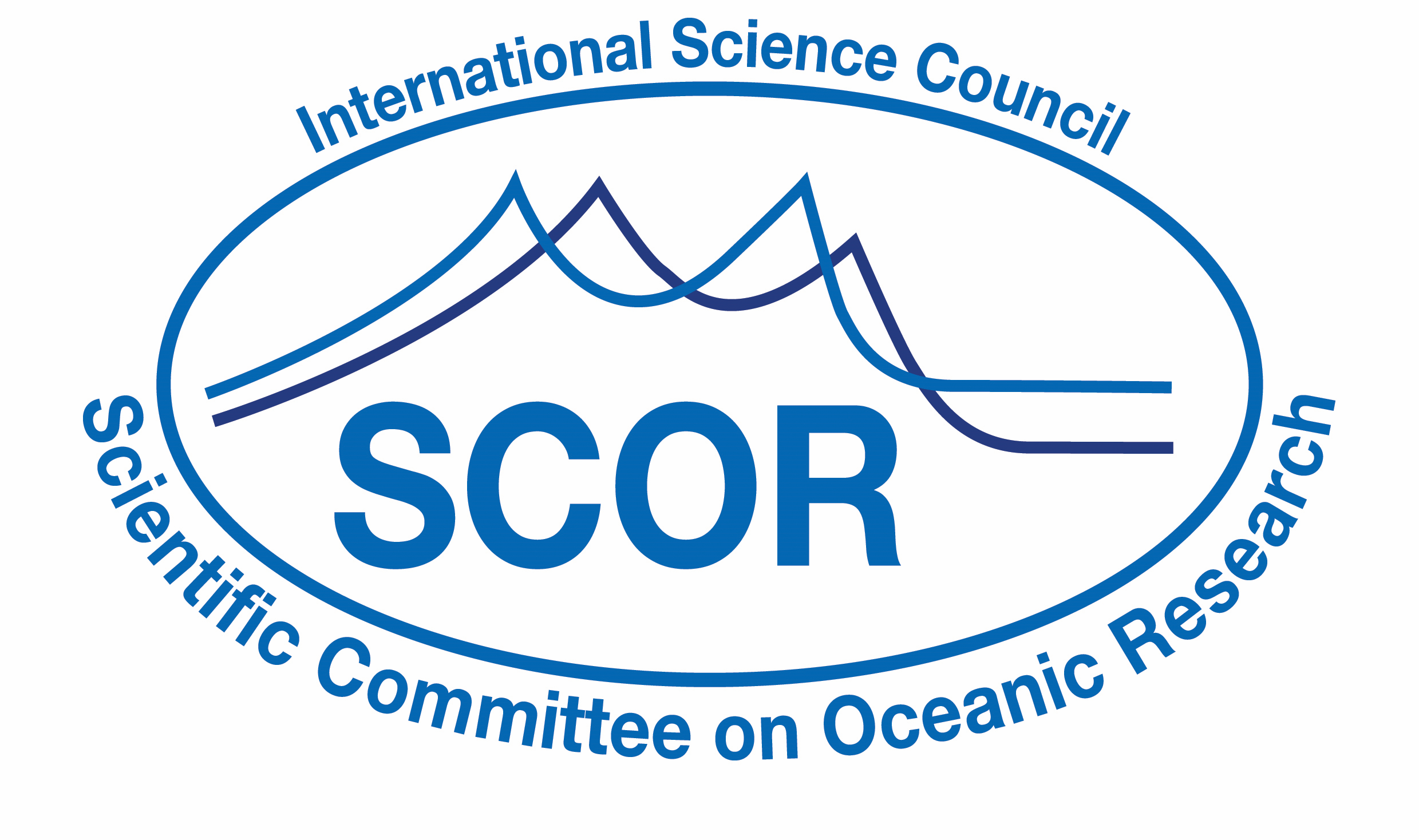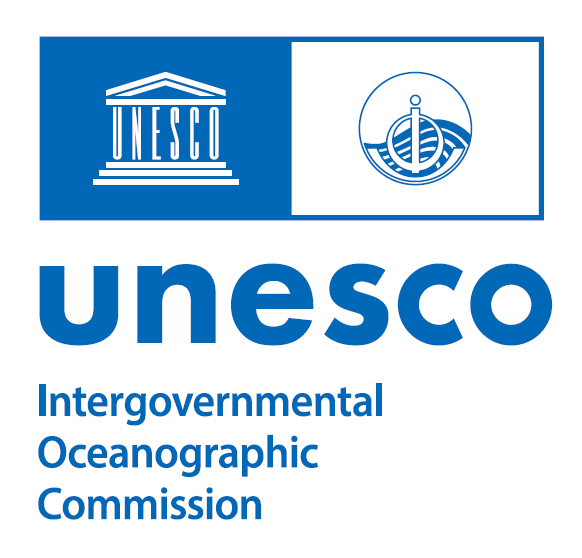The Scientific Steering Committee of the GlobalHAB Programme will
1. Develop the GlobalHAB Science and Implementation Plan, based on the GEOHAB Science Plan and including an Addendum with new objectives, taking into account the major outcomes of the GEOHAB Synthesis OSM in Paris 2013.
2. Develop a GlobalHAB Implementation Plan and submit it, along with the Science Plan to the GlobalHAB sponsors by June 2016.
3. Determine the most critical gaps in knowledge, technology, and capabilities required to improve understanding, prevention, and mitigation of HABs, based on the outcomes of the GEOHAB programme and on discussion with GlobalHAB sponsor, and encourage targeted activities to fill those identified gaps.
4. Coordinate and manage GlobalHAB activities and projects in accordance with the new GlobalHAB Science and Implementation Plan.
5. Foster framework activities to facilitate implementation of GlobalHAB, including dissemination and information tools.
6. Review progress on GlobalHAB activities over time and initiate new GlobalHAB activities in priority areas in accordance with its Science and Implementation Plan.
7. Promote and facilitate comparative and interdisciplinary research in HABs by providing coordination and communication services to national and regional research groups, while encouraging explicit affiliation with GlobalHAB.
8. Serve as the coordinating organization for implementation of HAB activities in observational/modelling systems such as GEOSS, GOOS, and the Regional Alliances.
9. Collaborate, as appropriate, with intergovernmental organizations and their subgroups (e.g., IAEA, ICES, IOC/FANSA, IOC/ANCA, IOC/HANA, IOC/WESTPAC, PICES, UNEP/NOWPAP), and within related projects (e.g., IOCCG, IMBER).
10. Report regularly to SCOR, the IOC/IPHAB, and the international HAB research community on the state of planning and accomplishments of GlobalHAB, thrugh annual reports and, as appropirate, the GlobalHAB web site,a GlobalHAB newsletter as part of Harmful Algal News, special sessions at scientific meetings, and other venues.
11. Interact with GlobalHAB sponsors and other agency sponsors to stimulate the support of GlobalHAB implementation.
Timeline for GlobalHAB
2015: Establish an SSC
- Recommendations to IPHAB (IOC) in April 2015
- Recommendations to SCOR in December 2015
2016: First SSC meeting - March 2016
- Finalize Terms of Reference
- Identify procedure for updating Science Plan and developing Implementation Plan; establish timeline
2016: Presentation of GlobalHAB at the SCOR Annual Meeting, September 2016, Sopot
2016: International Conference on Harmful Algae (Brazil, November 2016)
- Formally initiate GlobalHAB
- Presentation of the first draft of the Science and Implementation Plan
2017: Revision of the Science and Implementation Plan by external experts panels selected by SCOR and IOC/IPHAB
2017: Second SSC meeting Naples - March 2017
- Producing the Final Science and Implementation Plan, based on the revised version
2017: Presentation of GlobalHAB at the XIII IPHAB meeting, May 2017, Paris
2017: Presentation of GlobalHAB at the SCOR Annual Meeting, September 2017, Cape Town
2017: Finalization of the GlobalHAB Science and Implementation Plan and GlobalHAB webpage.
-
Acronyms:
-
ANCA = IOC HAB working group for Central America and Caribbean Sea
-
FANSA = IOC HAB working group for South America
-
HANA = IOC HAB working group for North Africa
-
GLOBEC = Global Ocean Ecosystem Dynamics project
-
ICES = International Council for the Exploration of the Seas
-
IMBER = Integrated Marine Biogeochemistry and Ecosystem Research project
-
IOC = Intergovernmental Oceanographic Commission of UNESCO
-
LOICZ = Land-Ocean Interactions in the Coastal Zone project
-
NOWPAP = UNEP Northwest Pacific Action Plan (of UNEP)
-
PICES = North Pacific Marine Sciences Organization
-
SCOR = Scientific Committee on Oceanic Research
-
WESTPAC/HAB = IOC Sub-Commission for the Western Pacific HAB working group


